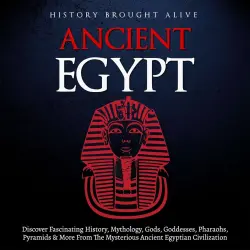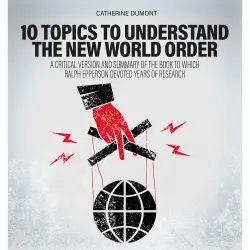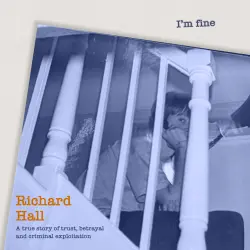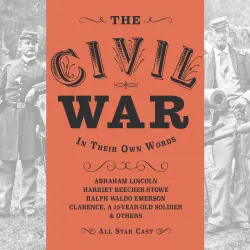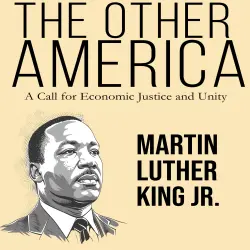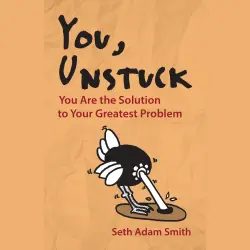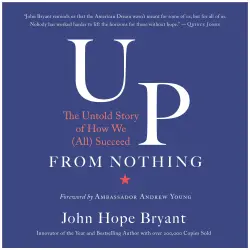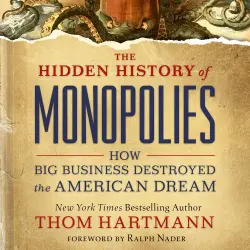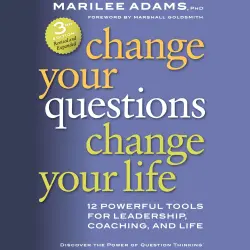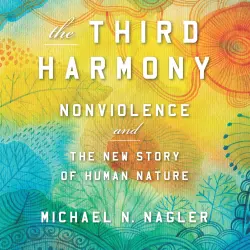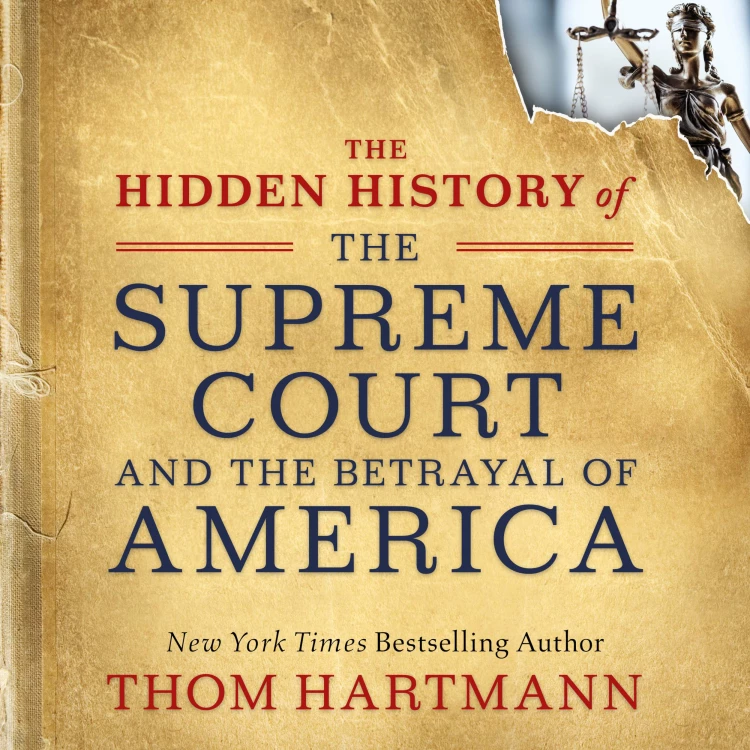
The Hidden History of the Supreme Court and the Betrayal of America
Thom Hartmann
Unabridged
4 horas 16 minutos
Nota: La reproducción de los audiolibros o de las obras de audio en las respectivas plataformas, por ejemplo Spotify, puede generar gastos. Lismio no tiene ninguna influencia sobre qué audiolibros y obras de audio están disponibles en el servicio.
Algunos artículos contienen enlaces de afiliados (marcados con un asterisco *). Si hace clic en estos enlaces y compra productos, recibiremos una pequeña comisión sin coste adicional para usted. Su apoyo ayuda a mantener este sitio en funcionamiento y a seguir creando contenidos útiles. Gracias por su apoyo.
De la editorial
Thom Hartmann, the most popular progressive radio host in America and a New York Times bestselling author, explains how the Supreme Court has spilled beyond its Constitutional powers and how we the people should take that power back.
Taking his typically in-depth, historically informed view, Thom Hartmann asks, What if the Supreme Court didn't have the power to strike down laws? According to the Constitution, it doesn't. From the founding of the republic until 1803, the Supreme Court was the final court of appeals, as it was always meant to be. So where did the concept of judicial review start? As so much of modern American history, it began with the battle between the Federalists and Anti-Federalists, and with Marbury v. Madison.
Hartmann argues it is not the role of the Supreme Court to decide what the law is but rather the duty of the people themselves. He lays out the history of the Supreme Court of the United States, since Alexander Hamilton's defense to modern-day debates, with key examples of cases where the Supreme Court overstepped its constitutional powers. The ultimate remedy to the Supreme Court's abuse of power is with the people--the ultimate arbiter of the law--using the ballot box. America does not belong to the kings and queens; it belongs to the people.
Taking his typically in-depth, historically informed view, Thom Hartmann asks, What if the Supreme Court didn't have the power to strike down laws? According to the Constitution, it doesn't. From the founding of the republic until 1803, the Supreme Court was the final court of appeals, as it was always meant to be. So where did the concept of judicial review start? As so much of modern American history, it began with the battle between the Federalists and Anti-Federalists, and with Marbury v. Madison.
Hartmann argues it is not the role of the Supreme Court to decide what the law is but rather the duty of the people themselves. He lays out the history of the Supreme Court of the United States, since Alexander Hamilton's defense to modern-day debates, with key examples of cases where the Supreme Court overstepped its constitutional powers. The ultimate remedy to the Supreme Court's abuse of power is with the people--the ultimate arbiter of the law--using the ballot box. America does not belong to the kings and queens; it belongs to the people.







